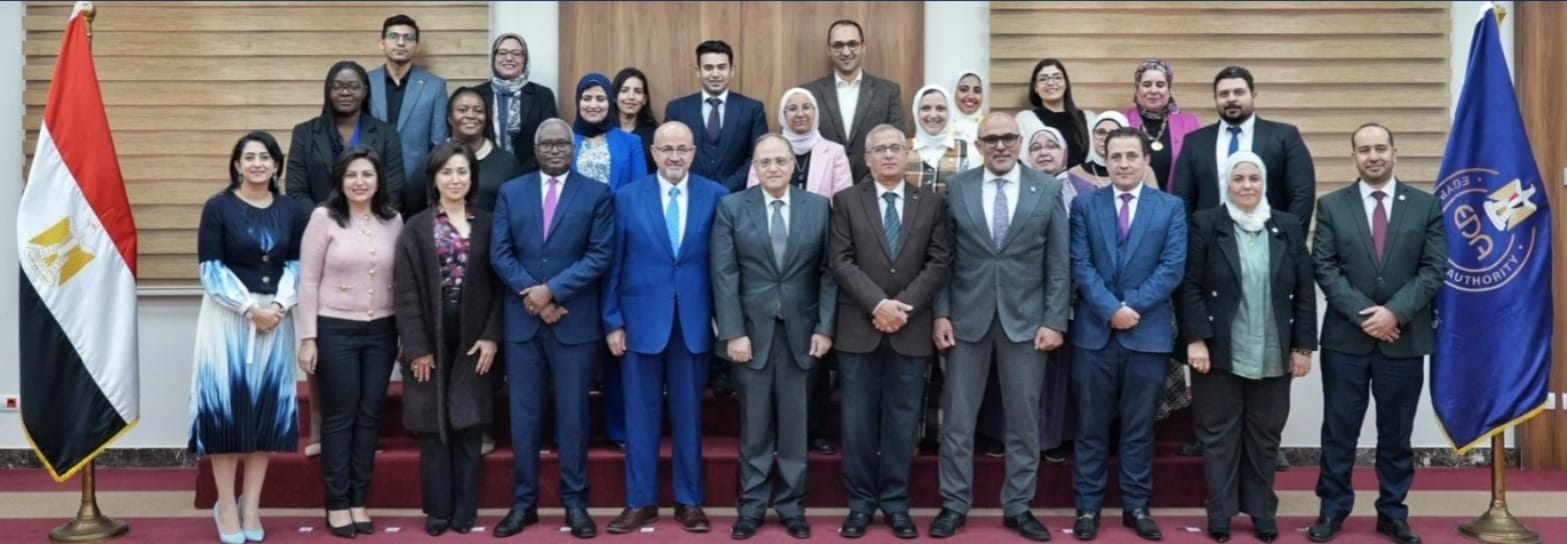CAIRO — Several dozen organizations Tuesday called on Egypt to end its crackdown on civil society and allow people to exercise freedom of expression ahead of the Egypt-hosted U.N. summit on climate change.
In a joint statement signed by 36 groups, including Amnesty International and Human Rights Watch, they expressed concern that Egypt will largely keep in place its prohibition on protests during the conference in November.
Egyptian Foreign Minister Sameh Shoukry, who is also the president-designate of the next annual Conference of the Parties, told The Associated Press in a May interview that a facility is being developed next to the conference venue where demonstrations can take place. He also said activists would be given access, as is customary, to negotiations in the Red Sea resort town of Sharm el-Sheikh. He did not elaborate on whether protests would be allowed elsewhere.
The Egyptian government effectively banned all public protests in 2013 shortly after President Abdel Fattah el-Sissi, then a chief in the country’s army, led the military’s overthrow of an elected but divisive Islamist president. In the years that have followed, el-Sissi was elected president and any demonstrators that dare to take to the streets have been quickly arrested. Many have received years-long prison sentences. Authorities claim that any gathering needs their approval.
In the statement, the groups also called on other countries to hold Egypt accountable to international human rights laws and standards and said they should not limit protests to a particular space.
“UN member states, particularly those attending COP27, should urge the Egyptian authorities to end limitations on freedom of assembly, association, and expression and take other meaningful steps to address concerns by civil society and ensure their safe and meaningful participation that can contribute to a successful COP27,” the statement said.
In the statement, the organizations also said that the government should halt its “relentless assault on human rights defenders, civil society organizations, and the independent media,” and stop using draconian laws to detain people for expressing opinions or exercising their basic rights.
El-Sissi has overseen an unprecedented political crackdown, silencing critics and jailing thousands. Shortly after the military took power in 2013, a sit-in by Islamists was broken up by security forces in an operation that left hundreds dead. Since then, a handful of small protests have been met with force and their participants detained, often for months or years without a trial.
Egypt is the world’s third worst jailer of journalists, following China and Myanmar, according to a 2021 tally from the Committee to Protect Journalists, a U.S. based non-profit.





















Discussion about this post